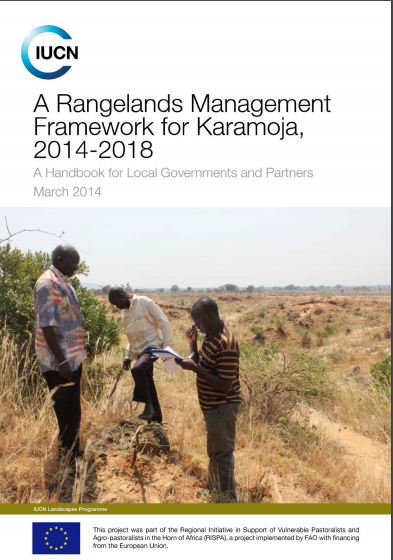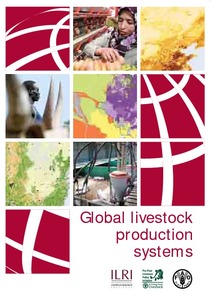Southern Africa’s water-energy nexus: towards regional integration and development
The Southern African Development Community’s (SADC) water and energy sectors are under increasing pressure due to population growth and agricultural and industrial development. Climate change is also negatively impacting on the region’s water and energy resources. As the majority of SADC’s population lives in poverty, regional development and integration are underpinned by water and energy security as the watercourses in the region are transboundary in nature. This paper reviews the region’s water and energy resources and recommends policies based on the water–energy nexus approach.







